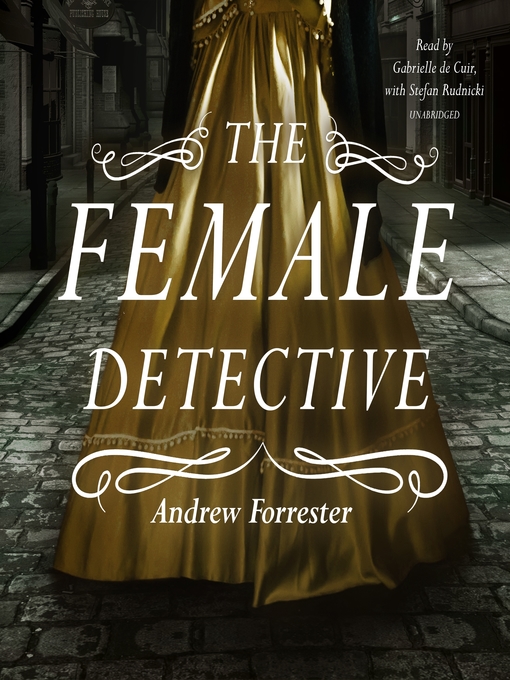"Literary ancestor to Miss Marple, Lisbeth Salander, and Nancy Drew."—The Guardian (London)
First published in 1864, decades before there were official female detectives or female police officers in Britain, The Female Detective features the original lady detective: the determined and resourceful Miss Gladden, known as "G." She examines crime scenes incognito, tracks down killers, and solves mysteries employing all manner of skill, subterfuge, and charm to achieve her ends while attempting to conceal her own identity from others.
Miss Gladden's deductive methods and energetic approach anticipate those of Arthur Conan Doyle's Sherlock Holmes, and she can be seen as beginning a powerful tradition of female detectives in these seven short stories. The Female Detective is sure to enchant a new generation of crime fiction fans.

